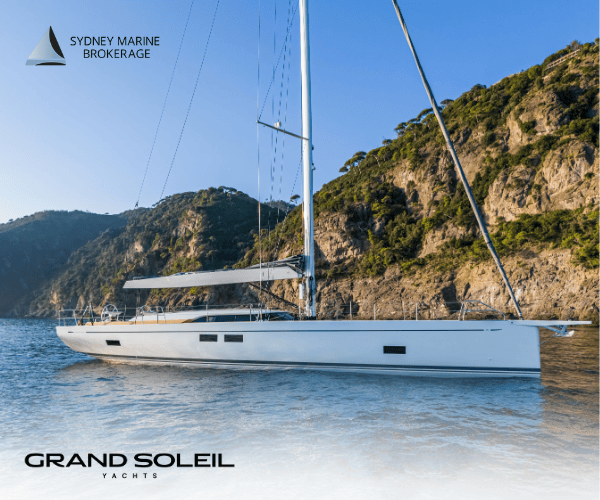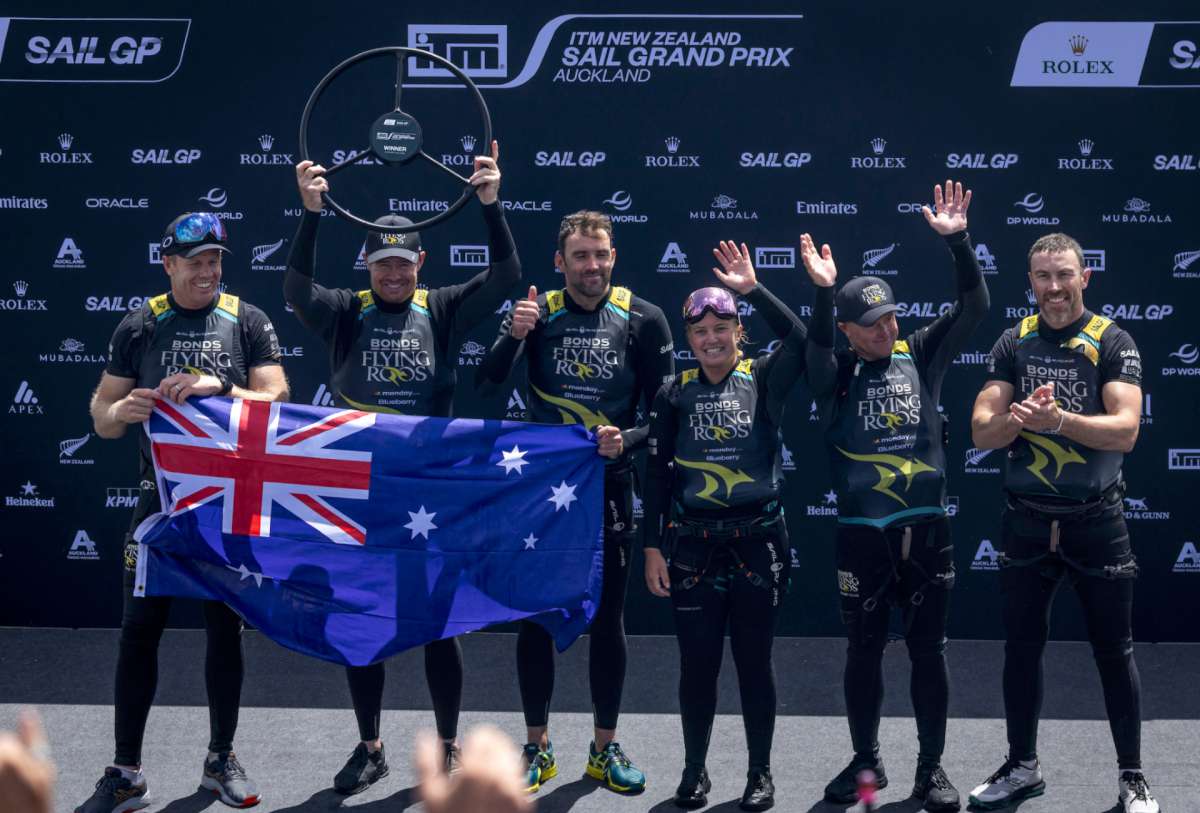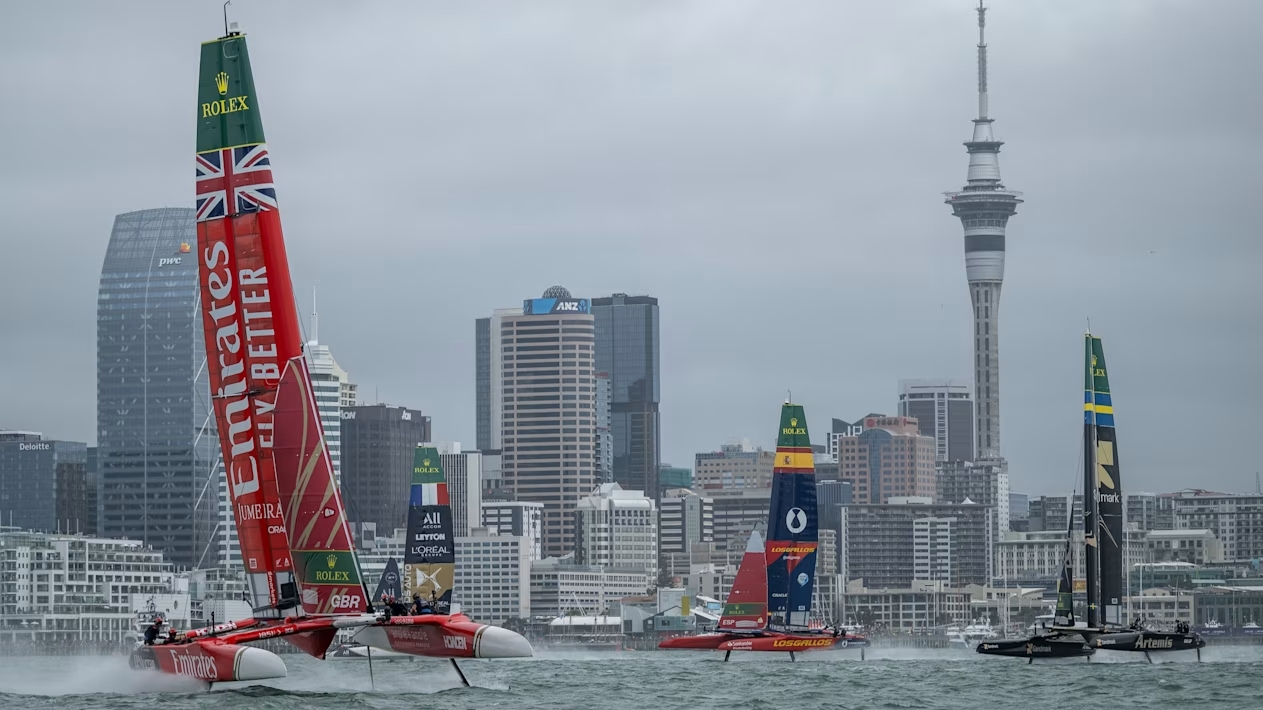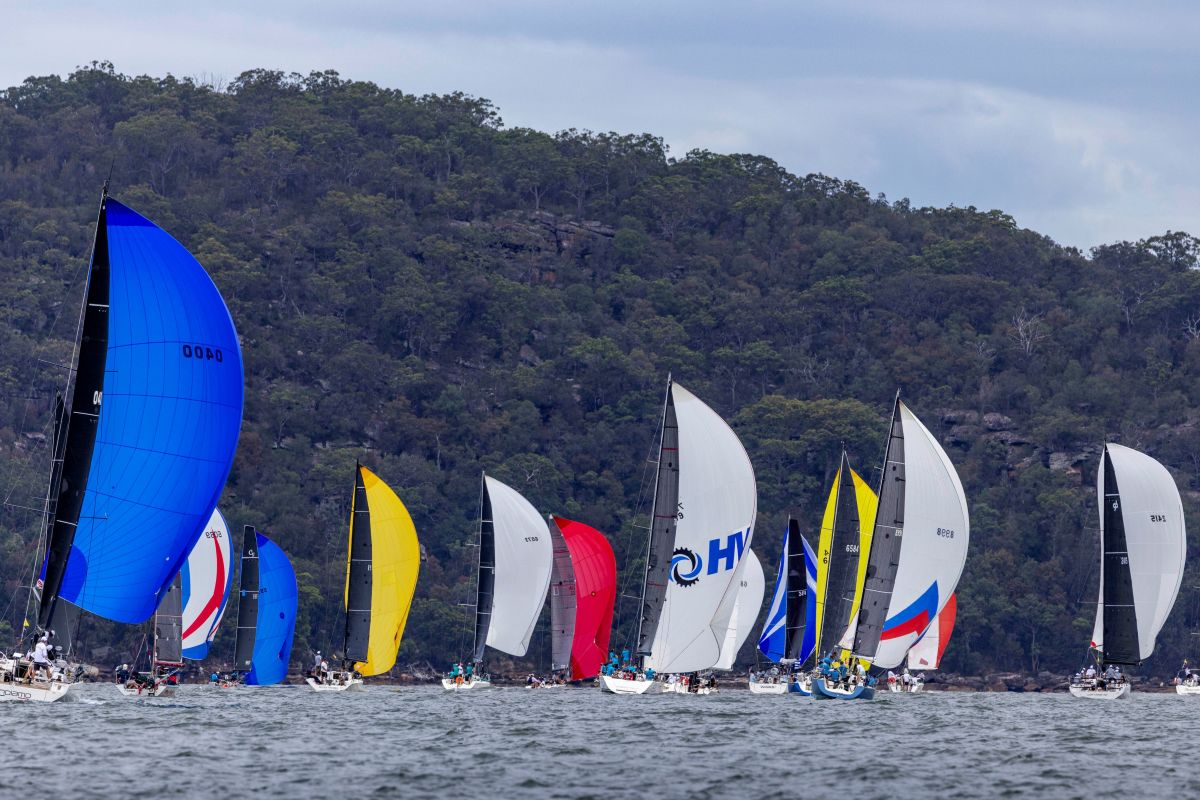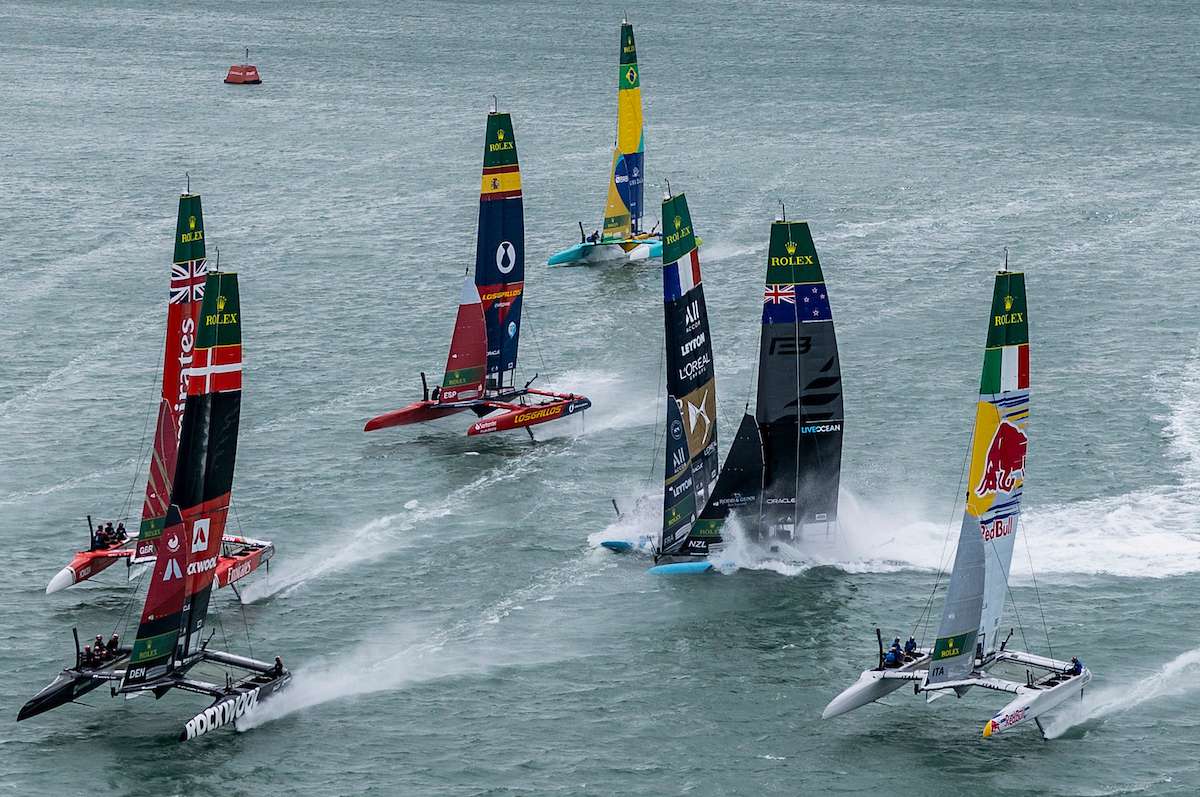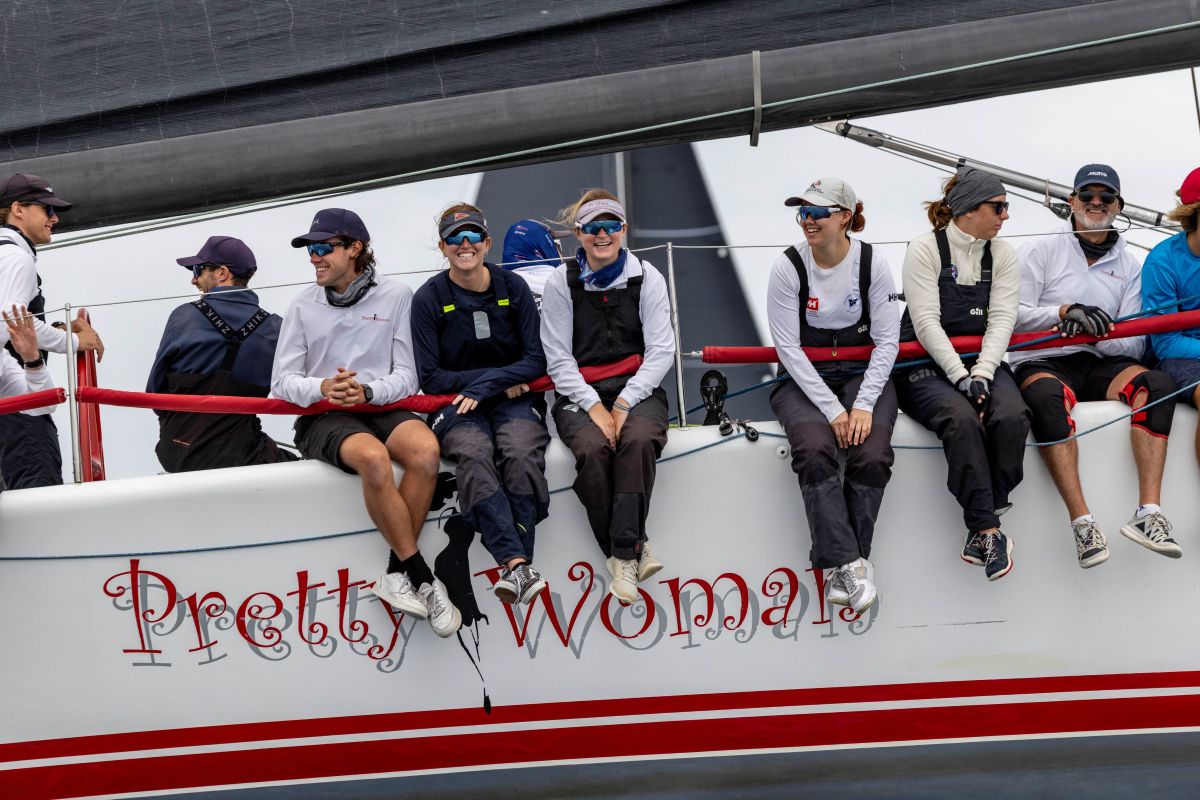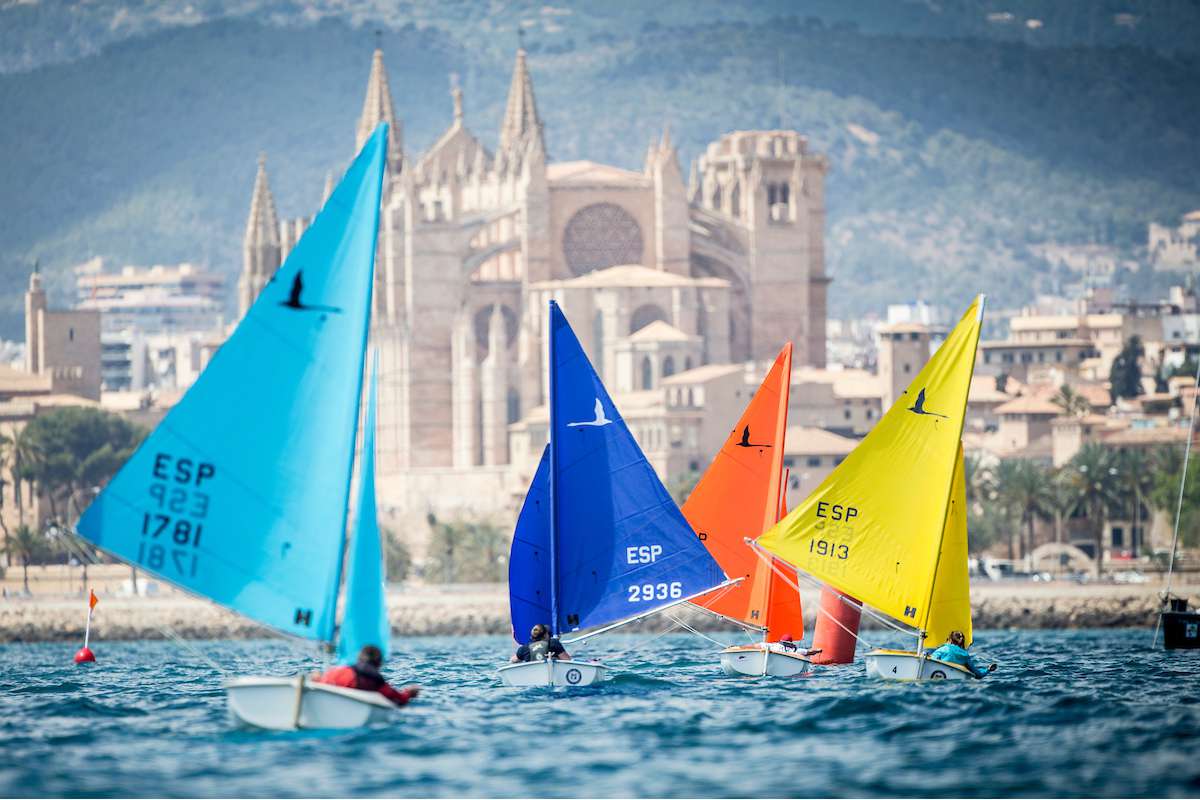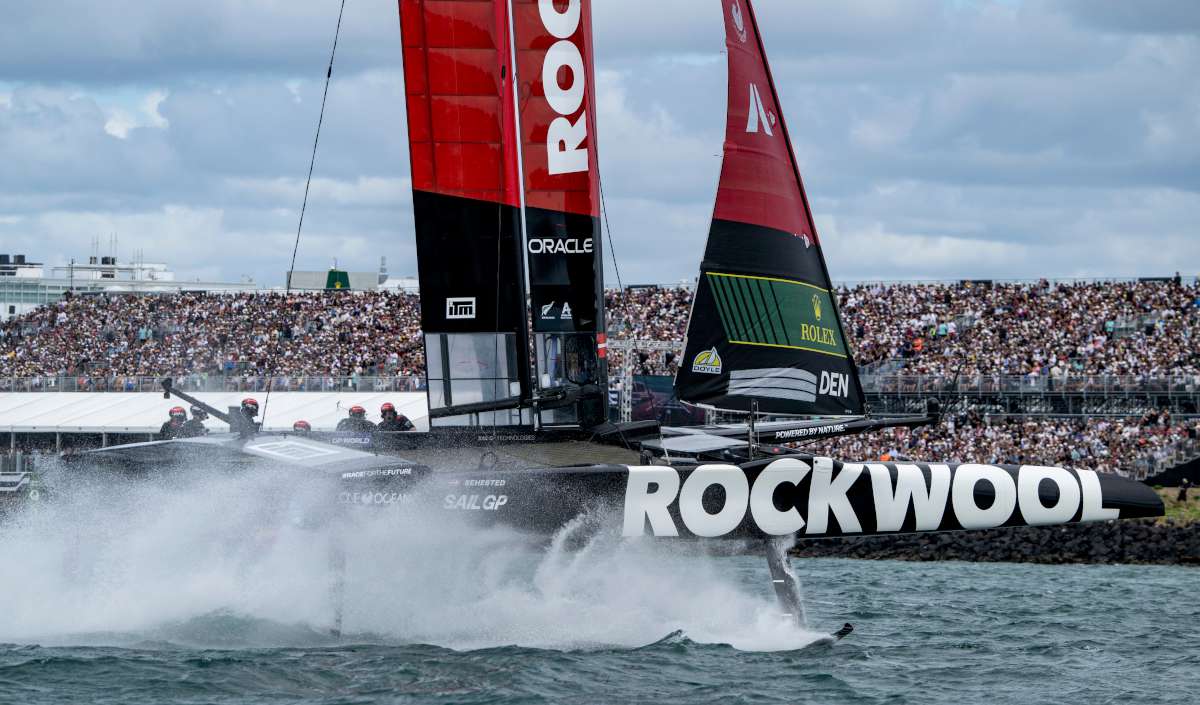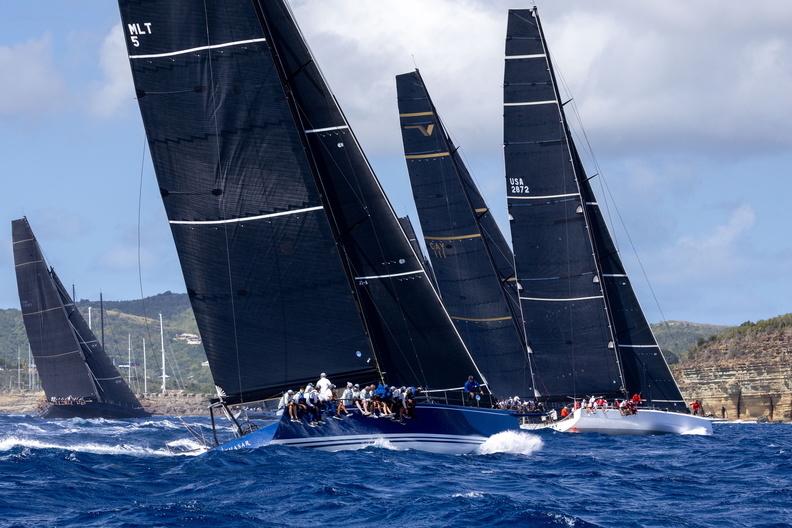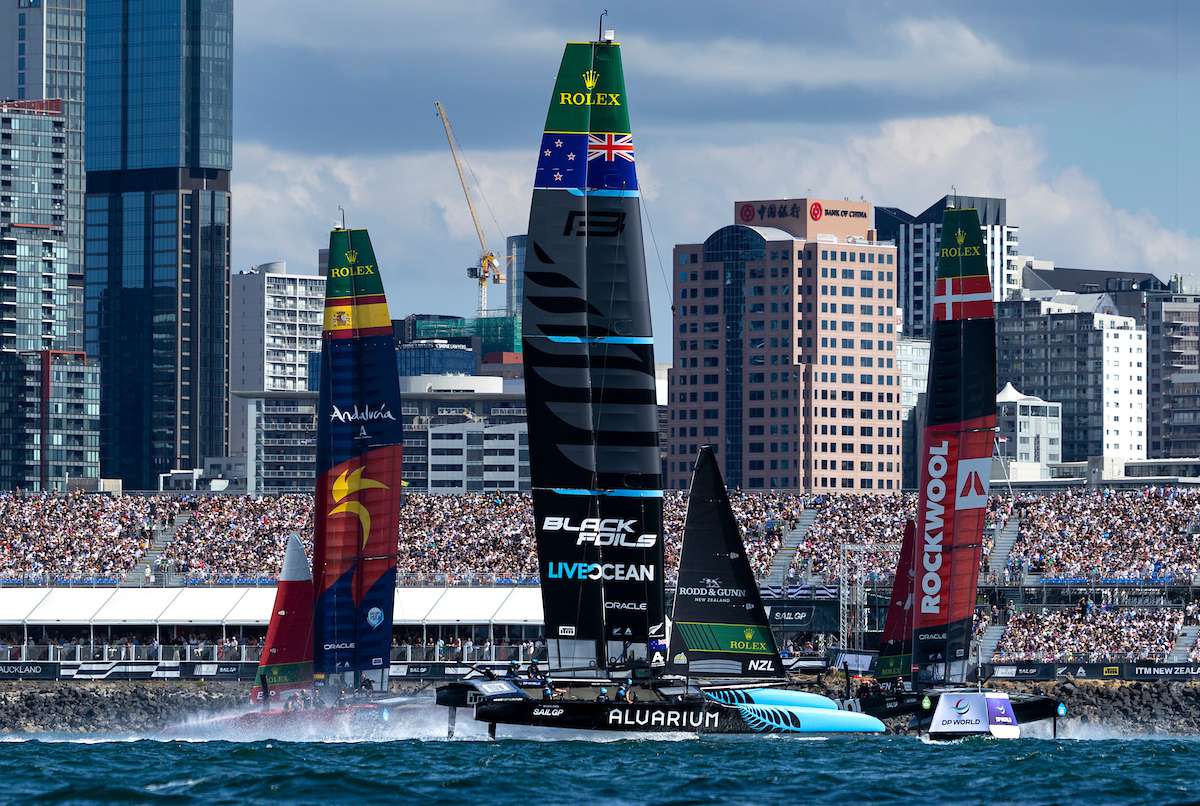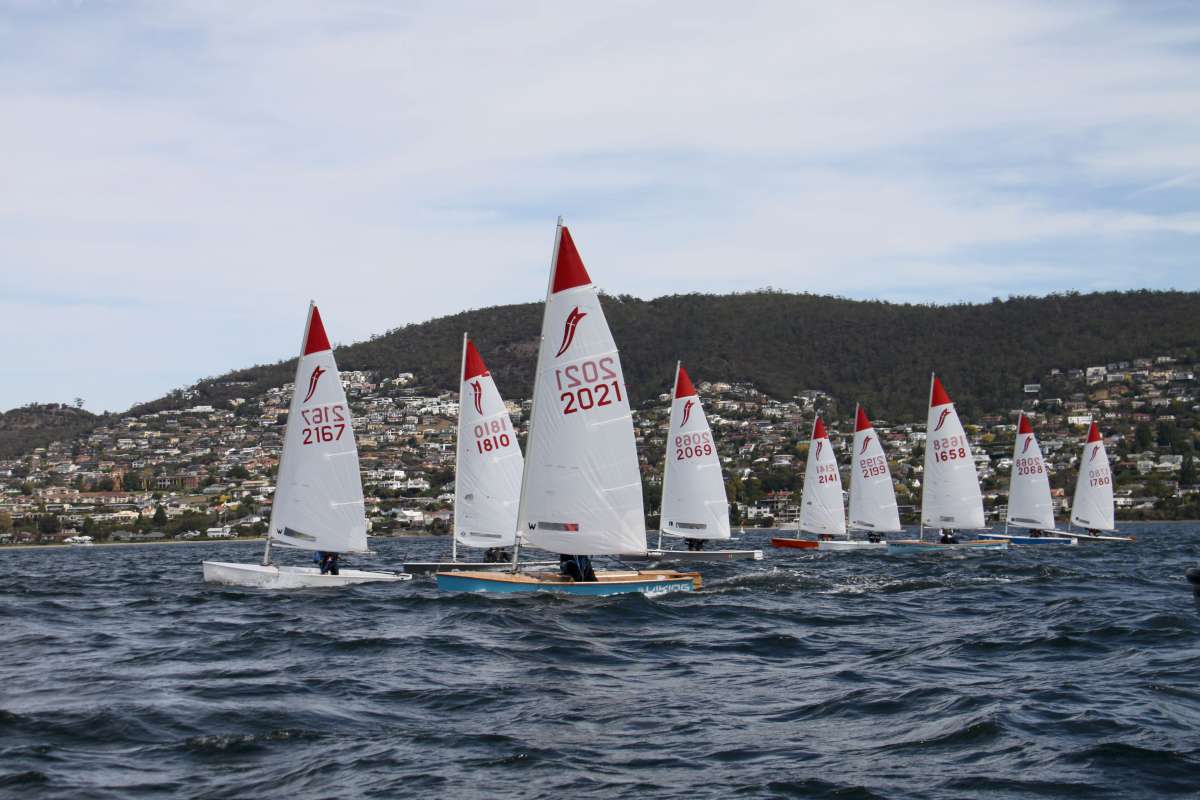Whether it is IMOCA 60, Figaro Bénéteau or the Mini 6.50, ballast has become indispensable on solo offshore race boats. These water tanks, positioned along the sides of the hull, help re-balance the boat when on beam reaching angles.
To sail efficiently, a monohull must not heel over too much: the greater the angle of heel, the less effective the appendages, like the keel or the foils. Filling the ballast helps add weight on the windward side of the boat. The greater the ballast and the further away it is positioned from the boat's centre of gravity, the more effective it will be. It also contributes to the comfort of the skipper, whose position becomes increasingly precarious as the boat leans over.
The most important feature of the ballast is that it fills and empties almost effortlessly. A spoiler under the hull collects sea water thanks to the speed of the boat. This water is then distributed in the ballast tanks with the aid of a system of valves and pumps.
“On Safran, as on all the boats that we have designed recently, we have chosen to divide the four reservoirs so that you have two on each side,” Lucet says, summarising the problems encountered by the architects with the new rule. “With the old measurement rule, we also had built-in longitudinal ballast tanks which allowed you to limit the pitching movement (rocking back and forward). We had to make choices. We chose to prioritise the lateral balance of the boat. The absence of central ballasts is compensated for by a stronger forward section of the hull.“
But finding the right balance in the use of ballasts is still a delicate exercise. “Morgan will have at his disposal different settings for playing with the balance of the boat: a keel that can be inclined to different angles, ballasts that can be quickly filled or emptied, without forgetting the foils, which add more torque in the re-balancing the boat,” Lucet says. “It will be up to him to properly manage these settings: if there is less power he will lose speed, but with too much power he runs the risk of breaking something.“
Learning how to find the right limits, and listening to his boat, will be the order of the day again for Morgan Lagravière when Safran goes back in the water towards the end of July. It will be an exercise that will complement the experience he gained in the Transat New York – Vendée.


